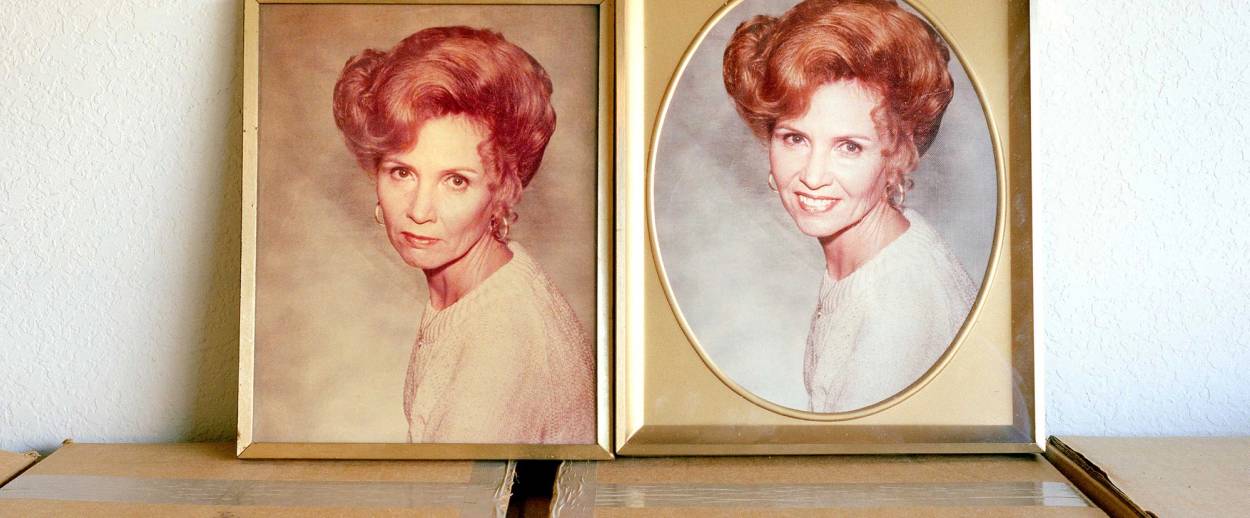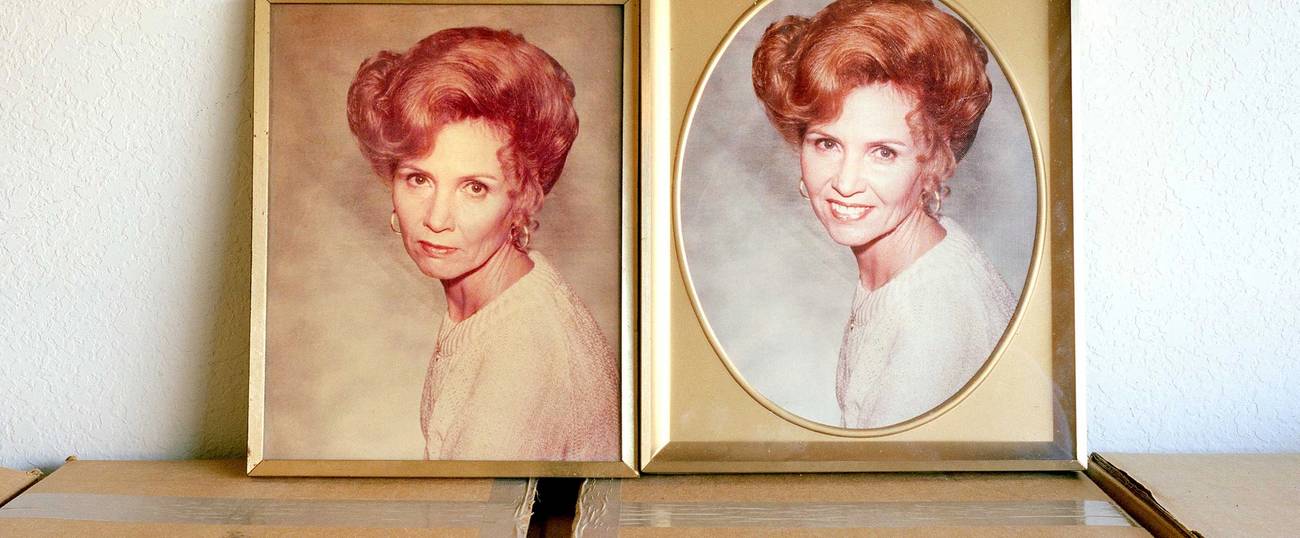A Weekend in New York
In an excerpt from the new novel by the London-based writer, going over old stories




Read an essay by Benjamin Markovits about the the German-Jewish origins of his craft here.
***
Liesel was looking forward to her meeting. The book had done well, she knew that for a fact—her editor wanted her to write another collection. The first was called War Stories and had a subtitle: Growing Up in the Third Reich. But really it was about a happy childhood. She had had a very happy childhood. Her mother was loving and fair and sometimes fun, she was very resourceful, even in the difficult years after the war, they had enough good things to eat, very simple food, some of which they grew themselves, and anything else was a real treat, packages from her aunt, for example, who lived in Canada. That was really the point of the book. These terrible things were happening, not just far away, but around her, in her own family—for more than a year, her father lived at the Eastern Front, they never saw him, never spoke to him, sometimes they got letters, which Mutti read out to them, where suitable—but in spite of all this, Liesel had a very happy childhood, and nothing in her afterlife could live up to it until she had children of her own. Because family life protected you against these things, though maybe that wasn’t really the right way to think of it. Family life made none of the other things matter.
The stories she told about the war were often funny. Her mother once found a sausage in a hedge. A soldier must have left it there, who knows how long it had been stuck among the twigs and leaves. Saucisson, Mutti called it; it was the first time Liesel had heard the word. Her mother’s family had been very well-to-do—Mutti spoke excellent French and as a young girl spent her holidays near Abbeville. She unwrapped the sausage from its skin and laid it on the kitchen table. Everyone gathered round. Nobody wanted to taste it, and eventually Mutti cut off a little slice and fried it in a pan and cut it in half again. She ate one half and her brother, Onkel Torsten, ate the other. For the rest of the day, the sausage just lay there on its board, on the kitchen counter—even though they were all hungry for meat. Mutti and Torsten kept asking each other, “Aber ist Euch auch wohl, Vater?” like the son in the play. They weren’t really worried, it was a big joke, and the next day everyone tucked in. This is the kind of story she told in the book. Liesel talked about Abbeville, too. Years later, as a foreign exchange student, she lived for six weeks with a family in Dieppe, and spent one Saturday negotiating the trains and buses to visit Abbeville, to see if she could find the hotel where her family used to stay. But it had all been bombed beyond recognition.
Liesel got off at West 4th Street and stepped out of the subway onto Sixth Avenue. It’s true, the city was very bewildering. Her knee hurt her, the subway steps were difficult. Instead of checking her map, she asked a woman pushing a stroller how to get to Washington Square. Policemen and women with children, she thought; that was the advice she used to give her kids, when they were lost. Ask a policeman or a woman with a child. The woman pointed—the leather bag on her shoulder slipped down to her elbow, but she held her arm out straight anyway, and the fact is, Liesel should have been able to guess. There was a little concentration of green at the end of the block. She walked toward it, and then, when she reached the square, found a bench under one of the trees and sat down. She was a little early, Bill had to catch a train, which is why she left the house when she did, to keep him company. And she liked Washington Square. It was like an American version of a European square, bigger and greener, but the idea was the same. So that people should come and run into each other, so that there should be some common life. It was only half past nine but already a group of kids with backpacks were kicking something small, like a little beanbag, in the air. When it fell on the ground, they shouted good-naturedly and complained to each other. Old men played chess, three women in spandex stretched themselves against a lamppost, talking, someone read a book. A man in a suit sat with a McDonald’s paper bag between his legs and drank coffee. Liesel liked looking around. Again and again the sense of how far she had come in the world, without having to change too much, comforted her. Some people didn’t have to change much to get along; she used to think Paul was like that.
But maybe she also underestimated what she had gone through. The prospect of her interview made her begin to go over old stories, to narrate them. That first year in America she cried herself to sleep every night. In those days, you had to take a boat to get back home; four thousand miles meant something. And everything in America seemed unreal to her. The air, for example, which over the winter was piped in from heating vents and made her skin dry; she got into a lot of arguments about opening windows. The bread tasted like cotton. Even the money looked fake—she couldn’t believe it when she saw, written above that image of the White House on the twenty-dollar bill, the words, In God We Trust. But she liked American Jews, right from the beginning. Who knows why—some cultural attraction. Mutti once said to her, I wish I could say Jew the way you do. Without a kind of special consciousness, she meant. Liesel didn’t know what to tell her. Now here she was, almost fifty years later. Her husband was Jewish, her kids were vaguely Jewish, and she was sitting in Washington Square on her way to breakfast with a reporter from The Village Voice. To talk about her German childhood. In a long life, everything gets used.
***
Excerpted from A Weekend in New York by Benjamin Markovits. Published by Faber & Faber. Copyright © 2018 by Benjamin Markovits.
Benjamin Markovits is the author of ten novels, including, most recently, Christmas in Austin.